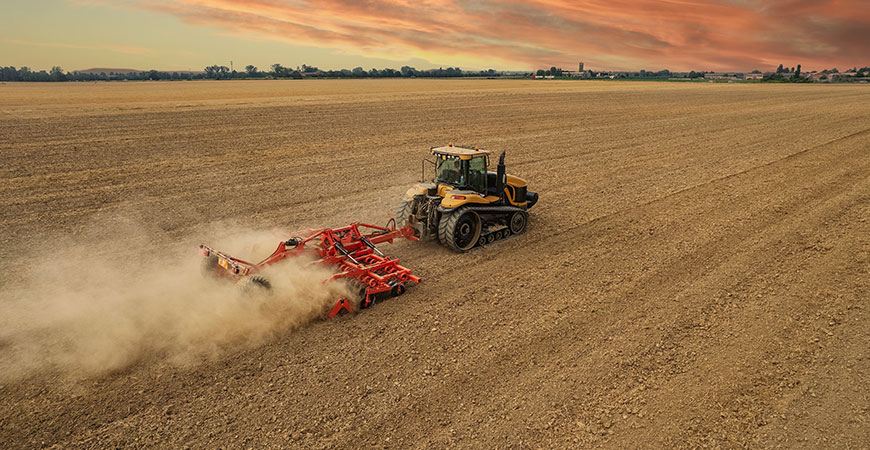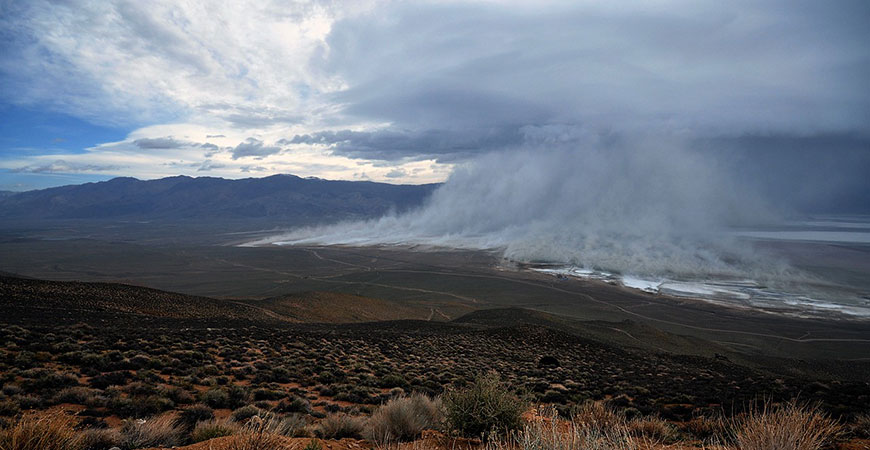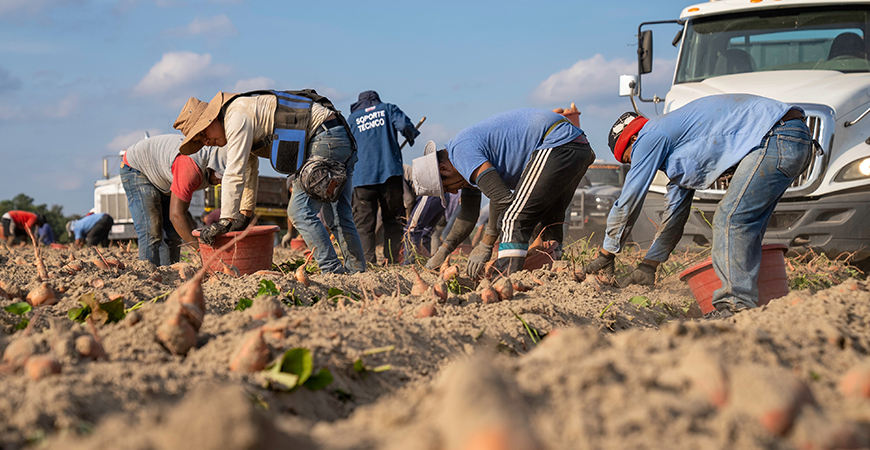 Coccidioidomycosis (kok-sid-e-oy-doh-my-KOH-sis), more commonly known as "cocci" or valley fever is an illness caused by a fungus that can be found in the soil and dirt of California's San Joaquin Valley, and other parts of the southwestern United States. It is spread in human and animal populations by fungal spores which, when inhaled, can cause a range of symptoms from mild flu symptoms and rash, to nodules, ulcers and skin lesions, and even a form of meningitis that can be fatal. You can find out more about valley fever symptoms at the Mayo Clinic.
Coccidioidomycosis (kok-sid-e-oy-doh-my-KOH-sis), more commonly known as "cocci" or valley fever is an illness caused by a fungus that can be found in the soil and dirt of California's San Joaquin Valley, and other parts of the southwestern United States. It is spread in human and animal populations by fungal spores which, when inhaled, can cause a range of symptoms from mild flu symptoms and rash, to nodules, ulcers and skin lesions, and even a form of meningitis that can be fatal. You can find out more about valley fever symptoms at the Mayo Clinic.
The Health Sciences Research Institute is taking a step toward fighting valley fever. Despite evidence that as many as 80 percent of the residents in the San Joaquin Valley are exposed to the fungus that causes valley fever, there is little consensus around patients at highest risk of developing fungal infection, practical measures that can be taken to prevent exposure, treatment or reducing the burden of the disease on the people in the region.
As the only health institute in the San Joaquin Valley's only research university, the Health Sciences Research Institute (HSRI) is in a unique position to promote regional approaches to conditions such as valley fever. In February 2013, HSRI began organizing research meetings in Fresno and developing priorities for research and action. The Institute also initiated a series of studies and talks aimed at furthering our community's understanding of the condition and the impact on the children and adults in the region. HSRI is developing a series of actionable points around biomedical, clinical, public health and advocacy research.

An average of more than 1 million acres of idled farmland a year is a significant contributor to a growing dust problem in California that has implications for millions of residents’ health and the...

People don't think about dust much until it's time to clean the house, but a new report by UC researchers could raise awareness of the growing threat of dust and dust storms. Dust affects everything...

A new landmark study by the UC Merced Community and Labor Center shows farmworkers across California are facing serious health challenges on a daily basis. The goal of the Farmworker Health Study ...